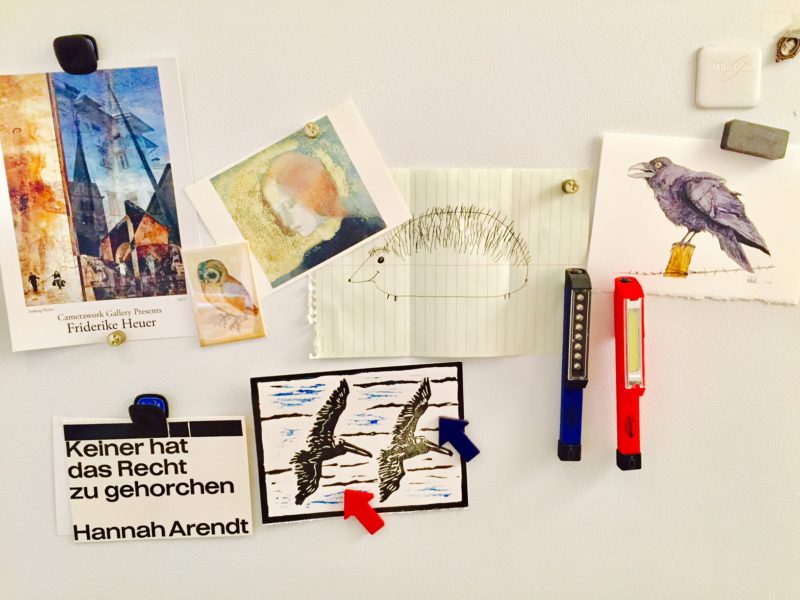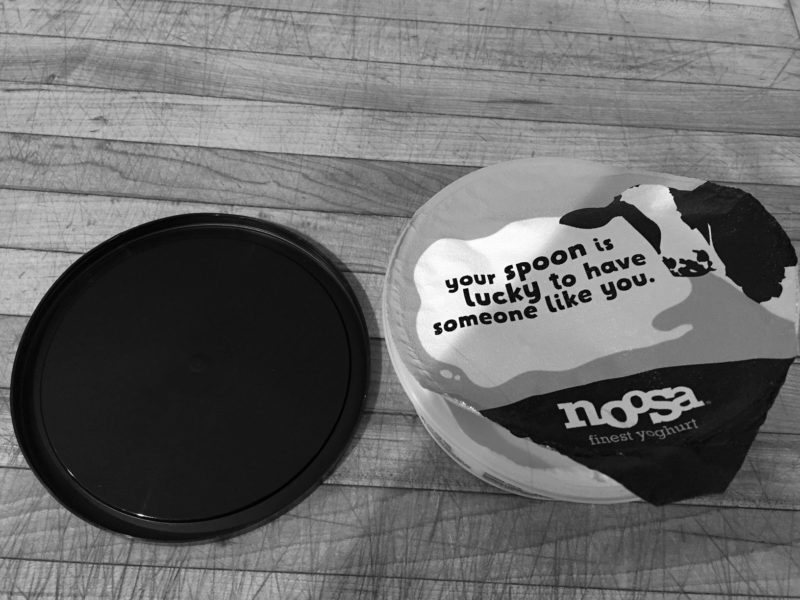Self-reliance is a trait that many nations cherish, but none more so than the United States. The worship of self-reliance, the distrust in government regulation, the celebration of the self-made man, the “American Dream,” the belief in rags-to-riches success stories (Horatio Alger as one example,) are structural components of our social contract.
Why do we buy into it, despite all the empirical evidence that shows it to be detrimental for the majority of our population? Why do we cling to it, despite the fact that in times of crisis going it alone, favoring only a few in the best of times, is threatening to dissolve the social fabric? Why are we willing to turn a blind eye to the fact that the first of the two pillars of a democratic society – liberty (we determine our own fate) and equality – has been advanced at the expense of the latter?

Horatio Alger stories, in all their literary, cinematic and political variations, are of course peddled so that we do not question the status quo. Their core message: hard work, honesty and determination can conquer all obstacles. Never mind that every sociological and economic study shows, of course, that circumstances of birth – wealth, class, race, gender and the luck of natural talent or ability – win out over hard work and determination any time, when it comes to establishing or maintaining disparities in our nation. The working poor have not chosen NOT to succeed – they are structurally disadvantaged. By NOT acknowledging that, we can continue to withhold our empathy, and can pretend that things are fundamentally fair, after all. Work harder, and you, too shall become a millionaire!
If we embrace the notion that fairness rules the distribution of opportunities then we can say with relief: our system is just! The obscene excess wealth we see in this society, the gaping distance between the rich and the poor, all just, because every person is the captain of their own fortune.

*
Pour yourself another cup of coffee, or beverage of your choice, and sit down with me for a thought experiment. Design for me the ideal society. What would the rules be? The governing structures? What role would justice play, how would you define it? How will you remedy problems faced by larger systems, problems that include conflicting opinions, needs and beliefs? How would you distribute limited resources? Oh, and did I mention: I will not tell you who you will be in that utopia, man or woman, rich or poor, living with disability or without, black or white, talented or not. You are blind to your potential future status. Get going.

I am referring here to the work of philosopher John Rawls, who linked, in his seminal work A Theory of Justice, justice to fairness and devised the veil of ignorance as a tool to show what rational people would come up with in this situation, creating a social contract that would not hurt them in that imaginary world. Here’s what people agree to:
(1) Each person is to have an equal right to the most extensive basic liberty compatible with a similar liberty for others.
(2) Social and economic inequalities are to be arranged so that they are both (a) to the greatest benefit of the least advantaged and (b) attached to offices and positions open to all under conditions of fair equality of opportunity.
If I might end up as the weakest link in that society, equality becomes much more important than anything else, including the notions of independence and self-reliance. (Here are more details.)

As applied to our own current crisis, we have already an inkling that the over-reliance on self-reliance can be fatefully wrong. Instead of a top-down, universal, federally-led production and distribution of life-saving products, it’s a Hobbesian world out there, each state, hospital or individual trying to wrestle resources on their own. If you don’t manage to get the necessary protective gear? Not working hard enough! If blue states are systematically ignored? Not determined (to be obsequious) enough! If prisoners die like sitting ducks – well, if they’d been honest they wouldn’t have ended up in prison…. In times where cooperation, empathy and solidarity would protect society as a whole, the myth of individual ruggedness, independence and deservedness trips us up. All of us, not just the ones who were always shafted by that myth to begin with.

What can be done? Stay tuned. I’ll try and summarize some suggestions from clever people tomorrow.
Photographs of my favorite clouds are stand-in’s for veils in front of our future, or symbols of our clouded thinking, or longing reference to travel – take your pick.
Music by Schütz – They who sow with tears will reap with joy.
They go out and weep and carry worthy seed,
And return with joy and bring their sheaves. Psalm 125:5-6
Could be read as “be meek, bear your troubles and you’ll be rewarded,” (Justice in the afterlife as tool of appeasement.) I prefer, though, to read it as “we cry now, but if we sow the right seeds, we’ll be joyful later.” Where’s the Green New Deal already? And in any case, the music is sublime.







































 Come to think of it, we’d talk about handles. Having finished his first major work Tractatus Logico-Philosophicus, Wittgenstein withdrew into rural Austria doing odd jobs, some teaching. His sister wanted to get him back into the “real world”, society for her, and asked him to participate in the construction of her new house. His involvement was limited, he focussed on design of smaller features like windows, radiators and handles, but it got him back on track and off to Cambridge soon thereafter.
Come to think of it, we’d talk about handles. Having finished his first major work Tractatus Logico-Philosophicus, Wittgenstein withdrew into rural Austria doing odd jobs, some teaching. His sister wanted to get him back into the “real world”, society for her, and asked him to participate in the construction of her new house. His involvement was limited, he focussed on design of smaller features like windows, radiators and handles, but it got him back on track and off to Cambridge soon thereafter.



